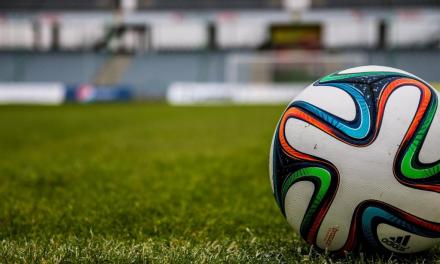Collegiate sport is a huge part of university life, bringing together the practice of competition, teamwork, sportsmanship and even social skills. However, does collegiate sport work?
Most people involved in collegiate sport would argue that it is very effective at breeding outstanding sportsmen and women. These individuals are usually as bright as they are talented on the pitch or field.
Despite the fact that these sports programs are more popular in the United States than ever, some people believe that they are detrimental to university institutions, due to the costs associated with their operation. So, what is the truth?
Increased exposure
It cannot be denied that collegiate sports bring an increased level of exposure to colleges and universities who implement programs successfully, and who produce fine athletes. This, in turn, can lead to an increase in enrolment numbers at said colleges as they will develop a positive reputation across the country, and not only in the field of sports.
Revenue
Unfortunately, a lot of collegiate sports programs do not make money – they need to be subsidized by other organizations. But the programs that do generate revenue, such as the athletics programs at Louisiana State University and the University of Alabama, do so on a grand scale.
This means that colleges have plenty of money left over to invest in their sports programs and other academic endeavours.
Not only that, but many colleges can make large sums of money by running Championship games post-season contests, and media to film at their facilities. This probably would not be possible if they did not have good programs in place.
The students
Of course, the most important thing to consider when judging the success of collegiate sport are the students themselves. Collegiate sports programs tend to be thoroughly enjoyed by students. They not only help talented sportspeople hone their skills and excel in their chosen activities, but they also contribute to a sense of community.
Everyone on campus can get together to root for their college heroes, to mingle and generally have fun, engaged in a wholesome activity.
Additionally, having good collegiate sports programs on campus tends to encourage students with lesser abilities to get involved. Since physical activity is known to boost academic performance, aid concentration and help students stave off illness, this can have a generally positive effect on colleges as a whole.
Not only by boosting their academic results, but also by helping students to stay healthy and remain in college.
As you can see, when trying to answer the question ‘Does collegiate sport work?’, there is a lot to consider. There are certainly pros and cons of implementing collegiate sports programs on campus, but overall, collegiate sport does a lot of good for the college community, which cannot be ignored. This should tip the balance in favour of collegiate sport being a positive for most.









